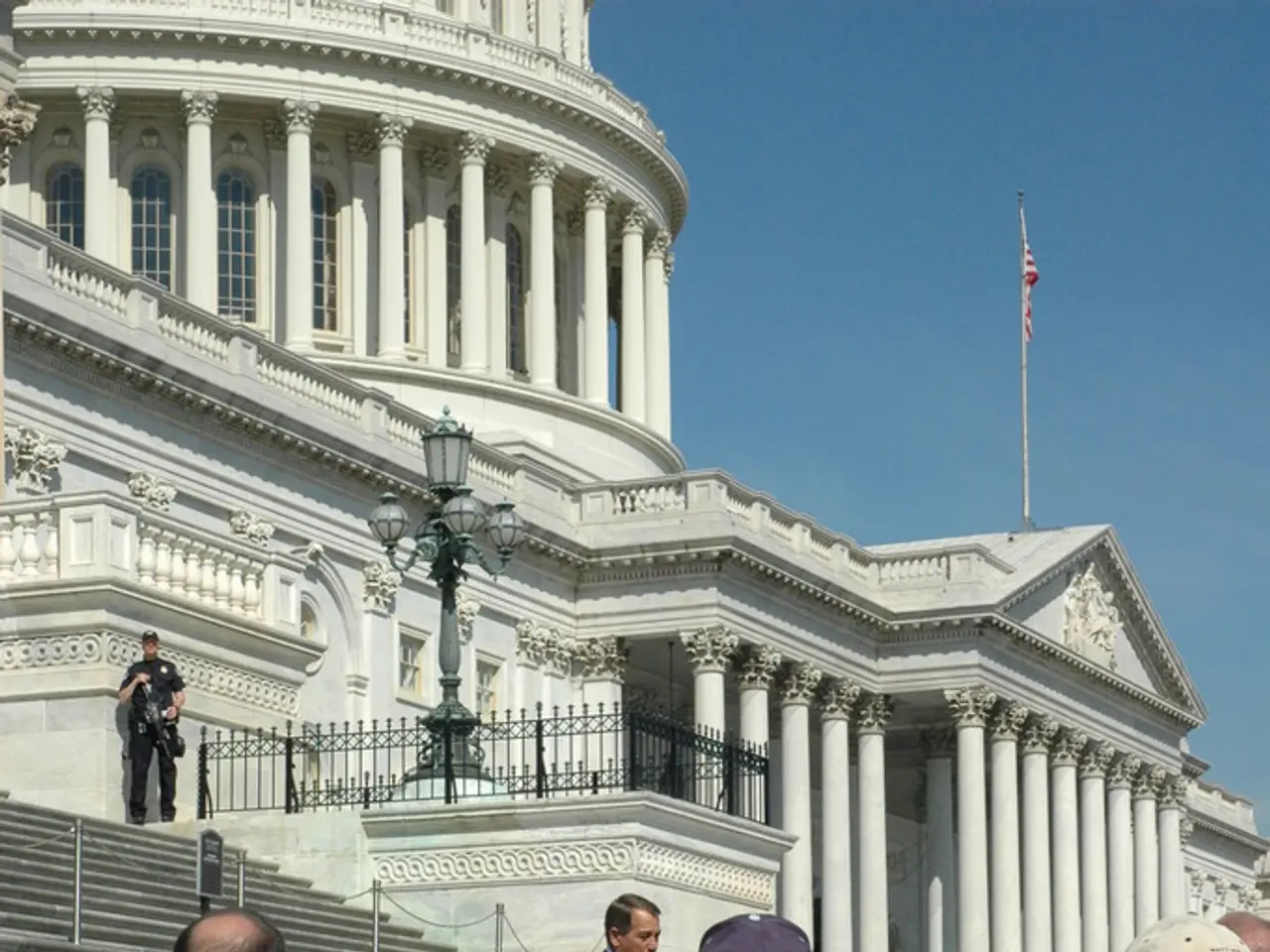Bankruptcy of Linq Raises Doubts About the Future of Tokenized Assets in Web3 World
In a recent turn of events, Linqto, Inc., a tokenized asset platform, filed for Chapter 11 bankruptcy on July 7, 2023. The bankruptcy proceedings, which could impact more than 10,000 creditors, have raised concerns about the risks and implications associated with tokenized asset platforms operating without clear legal ownership frameworks or regulatory oversight.
According to reports, the U.S. Securities and Exchange Commission (SEC) has launched an investigation into Linqto, examining whether its former executives misrepresented the nature of investments, failed to obtain required transfer approvals from issuers such as Ripple, and permitted ineligible investors to buy securities. Allegations of long-standing mismanagement have also been made against Linqto.
The legitimacy of Linqto's ownership claims has been questioned due to its structure of investment offerings. The platform claimed to hold approximately 4.7 million Ripple shares, but the Ripple CEO, Brad Garlinghouse, stated that Ripple never had a business relationship with Linqto and stopped approving Linqto purchases on secondary markets in late 2024.
The Linqto bankruptcy serves as a cautionary tale for other tokenized asset platforms and has sparked discussions within the Shiba Inu ecosystem. Shib, a decentralised cryptocurrency project, emphasises its mission to build something better, not to mimic the old system. The fallout from Linqto selling "representative" shares without regulatory clarity is a reminder of why trustless, transparent systems matter.
In the Shiba Inu ecosystem, ownership should mean true ownership, and access should be earned through community, not confusion. Regulators are looking into whether customers were led to believe they held actual shares when they may have only owned indirect "representative units" with uncertain legal status.
The risks associated with tokenized asset platforms lacking clear legal ownership and regulatory oversight include legal uncertainty around ownership rights, increased risk of fraud, cyberattacks, and market manipulation, fragmentation and opacity in liquidity pools, and regulatory arbitrage. These risks potentially inhibit institutional adoption and threaten market integrity until robust regulatory frameworks and legal clarity are established.
In contrast, regulated models that integrate tokenized assets with compliant onchain controls demonstrate how legal clarity and regulatory alignment can reduce these risks and unlock benefits like instant settlement and operational efficiency. As the Shiba Inu ecosystem continues to scale and explore the future of tokenized real-world assets and decentralized private investments, it remains committed to promoting transparency, trust, and community-driven decision-making.
References: 1. Tokenized Asset Platforms: Opportunities and Challenges 2. The Risks and Regulation of Security Tokens 3. Tokenized Assets: A New Frontier for Fraud and Cybersecurity Risks 4. Tokenized Money Market Funds: A New Era of Compliance and Efficiency
- Amidst the Linqto bankruptcy, concerns have arisen about the potential for fraud and legal uncertainty within the tokenized asset industry, particularly when platforms lack clear legal ownership frameworks and regulatory oversight.
2.With the Shiba Inu ecosystem promoting transparency, trust, and community-driven decision-making, discussions have been held on the importance of true ownership and compliant onchain controls for tokenized assets, referencing works such as 'Tokenized Asset Platforms: Opportunities and Challenges', 'The Risks and Regulation of Security Tokens', 'Tokenized Assets: A New Frontier for Fraud and Cybersecurity Risks', and 'Tokenized Money Market Funds: A New Era of Compliance and Efficiency'.




